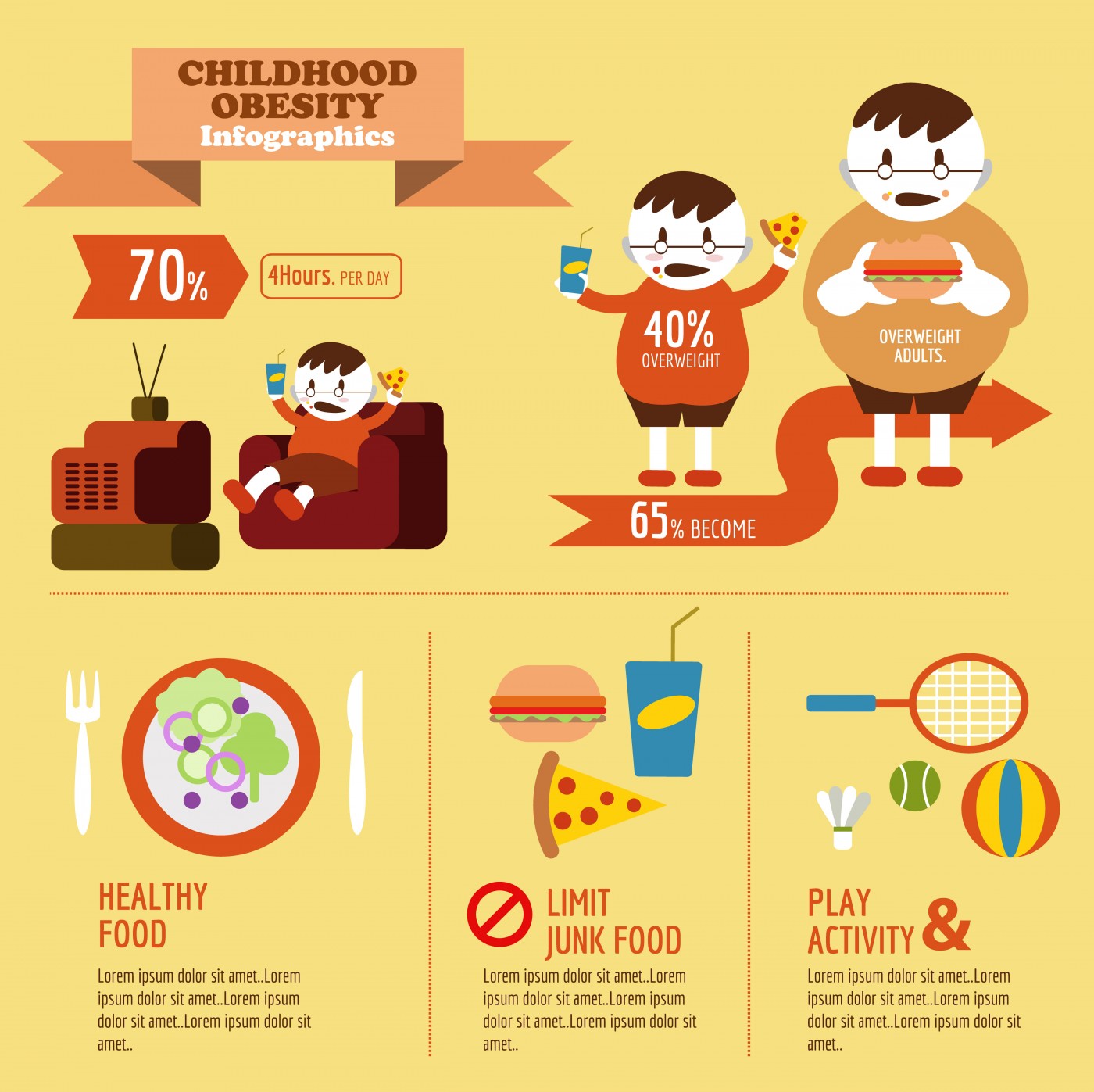In a new issue of the International Journal of Behavioral Nutrition and Physical Activity, researchers from the Michael & Susan Dell Center for Healthy Living at The University of Texas Health Science Center at Houston (UTHealth) School of Public Health Austin Regional Campus published a series of articles focusing on how to solve the problem of obesity during childhood. One review was published under the title, “The Science of Childhood Obesity: An Individual to Societal Framework.”
Cheryl Perry, Ph.D., regional dean and Rockwell Distinguished Chair in Society and Health at UTHealth School of Public Health Austin Regional Campus commented, “Ongoing scientific updates of our understanding of the childhood obesity epidemic are important and urgent due to the rapid increase in the prevalence of obesity in both developed and developing countries during the last 30 to 40 years, despite countless initiatives to address childhood obesity.”
In a study with lead author Elizabeth A. Vandewater, Ph.D., associate professor in the Department of Health Promotion and Behavioral Sciences at the School of Public Health, authors examined data from the Child Development Supplement to the Panel Study of Income Dynamics which included several parameters, including health, development and time use of 2,908 students with ages from 5 to 18 years old. The team concluded that social activities with friends and physical activity is a key factor diminishing children’s obesity.
Dr. Vandewater noted, “Efforts to reduce child obesity could benefit from careful attention to peer and friendship dynamics rather than simply focusing on time spent watching television.”
In a different article, authors focused on school’s nutrition policies. Several schools in the United States forbid the sale of soda, while other schools replaced soda by sugar-sweetened beverages, available in vending machines. Lead author Daniel Taber, Ph.D. and colleagues reviewed data from the National Youth Physical Activity and Nutrition Study, which enrolled 10,887 participants and was performed in 2010. They report that in schools regulating both vending machines and soda sales there was no increase in students use of alternate sugar drinks. However, schools choosing to regulate solely either soda sales or availability of vending machines registered the highest increase in alternate sugar drink consumption.
Dr. Taber, assistant professor in the Department of Health Promotion and Behavioral Sciences at the School of Public Health commented, “Banning soda, but allowing sports drinks and coffee drinks in vending machines, just shifts sugary drink consumption from soda to the alternatives.”
Additional studies are now focusing on how obesity impacts children’s performance in school, as well as how poverty and home food environment affects children’s risk for obesity and can be read here.


